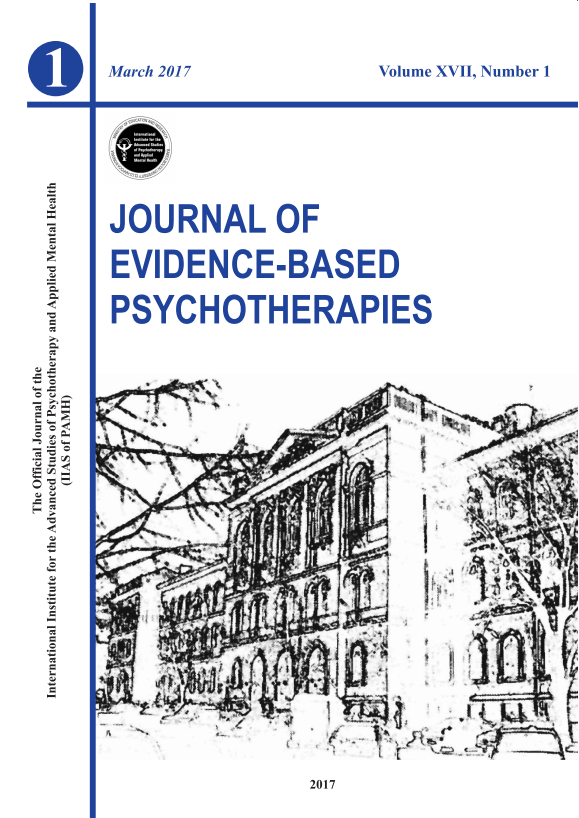Anita LAIDLAW1, Jennifer HUNTER1, Tony TURVEY1,
Matt STILLMAN2, Rob WARREN2, Gozde OZAKINCI*
1School of Medicine, University of St Andrews
2Student Services, University of St Andrews
Abstract
Compassion is becoming a focus for psycho-educational training courses and has been linked to better education and employment outcomes. Higher education can be a stressful period and is often a time when mental wellbeing difficulties develop. The aim of this study was to develop and evaluate a compassion focused therapy training course for use within the higher education context. The course was evaluated in the short and medium term using self-report questionnaires measuring self-compassion, self-criticism, academic selfefficacy, and psychological distress, as well as interviews. A small sample size (n=9) limited the interpretation of findings. Improvements in self-compassion, self-criticism, and academic selfefficacy were observed both immediately, at a six-month follow-up. However, a small increase in psychological distress was also observed. The training course was acceptable to all participants, with practice and feedback from all participants being the elements cited as most useful. Further research, with a larger sample size, which examines the impact of compassion focused training on academic grades and wellbeing is required.
Keywords: compassion-focused therapy; mindfulness; wellbeing; higher education student; intervention.
